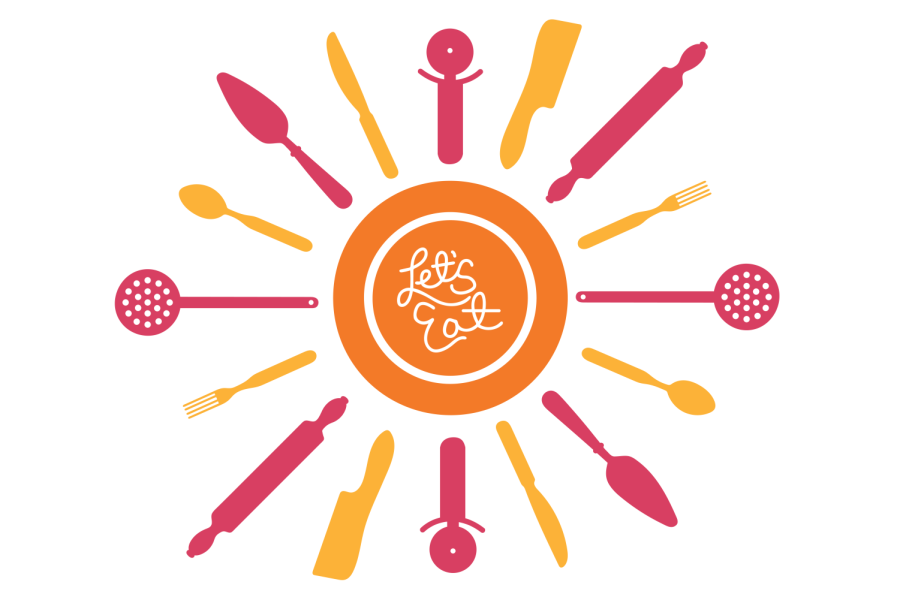If your experience in the kitchen boils down to heating up frozen meals from Trader Joe’s, you’re not alone. Getting into cooking might seem like a daunting task, and one that requires lots of extra time, energy and money. But this doesn’t have to be the case.
Learning how to cook can be a fun, inexpensive way to take care of yourself, and it’s not as difficult as it may seem. Three local food and cooking connoisseurs weighed in on the best practices to get started in the kitchen, ingredients and tools every beginner home cook should keep on hand and more.
Jess Fleming is the food editor at the Pioneer Press. Growing up, Fleming’s interest in good food was piqued by her family’s dishes, like her aunt’s Thanksgiving pumpkin chiffon pie. Today, Fleming enjoys cooking at home for her three children.
Beth Dooley is a food writer and author working to create an intersection between professional and home cooking. She created the Bare Bones Cooking Club alongside her son, Kip Dooley, with the hope of teaching audiences cooking fundamentals and how to prepare delicious meals using what they already have in the cupboard.
Madison Bessinger is the creator of Madison in MPLS, an Instagram account-turned-website that focuses on local restaurant reviews and a series of her own simple recipes to make for a night in.
Getting started
Whether you’re a hands-on learner or like to read about the process before doing something, there are various steps you can take to feel more confident and inspired to get started in the kitchen.
Bessinger suggested browsing good sources of food-related media, such as the New York Times Cooking subscription. The subscription includes an email newsletter that provides the subscriber with weekly recipe plans and cooking inspiration.
“Their recipes are classic and pretty impressive, but not overly complicated,” Bessinger said. She also recommended following recipe creators on Instagram to find food inspiration on your feed.
Once you’re in the mood to cook, Fleming said the key to getting started is picking something you’re hungry for, finding a recipe and reading it in its entirety.
“I can’t tell you how many times I’ve screwed up by not reading a recipe all the way through,” she said.
Dooley said investing in one or two basic cookbooks is another great place to start. “Find a recipe, make it once and then fiddle with it,” she said. “The whole point of recipes is to have guidelines, but you can mess with them a little bit.”
She also suggested learning a few fundamental cooking techniques like roasting. “The easiest thing you can do is learn how to roast,” she explained. “A pan of roasted vegetables tossed with a little oil and salt makes a beautiful side dish.”
Stocking your kitchen
There are a few basic ingredients and cooking tools that every beginner chef should have on hand.
Dooley noted the importance of having good oils and butter, both of which can be sourced locally. Other pantry staples include dried and canned beans, which are inexpensive and great vegetarian options.
Bessinger said greek yogurt and a hunk of parmesan cheese are two versatile ingredients that she uses frequently in her recipes. She also recommended using kosher salt and freshly ground pepper, both of which can really step up the flavor in a dish. “Buying a pepper grinder has changed my life,” she said.
Other inexpensive cooking tools she recommended include nonstick pans, a cheese grater and a Magic Bullet blender.
Fleming said she loves to stock up on chicken broth, which often comes in handy for making sauces or adding moisture to recipes.
Tips and tricks
In terms of cooking on a budget, Bessinger said that pastas are your best friend.
“They’re pretty impressive if you’re hosting someone,” she said. “You could make a pasta that just has good olive oil, red pepper flakes, lemon and frozen shrimp, and that’s a very nice meal with cheap ingredients.”
As far as techniques go, Fleming advised to not overcrowd your pan, and don’t be afraid to let something get brown. “That browning is flavor,” she said.
One tip that Dooley had for beginners is to slow down and pay attention to your senses while cooking. Cooking is a sensorial experience, she explained, one that takes us away from our screens and connects us with the natural world.
“I think everybody needs to just slow down and cook a nice meal and be together,” Dooley said. “I don’t think we do enough of that.”













